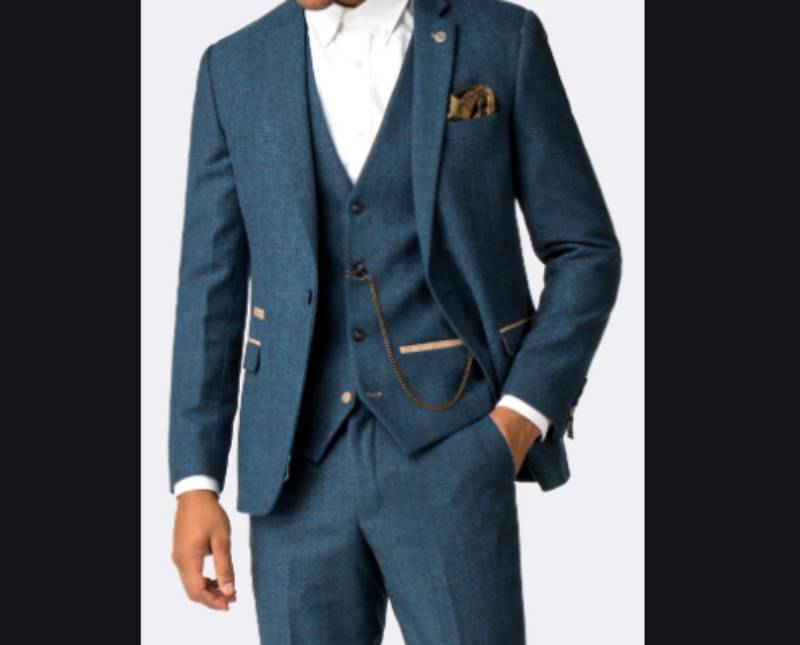×
The Standard e-Paper
Home To Bold Columnists

You might never have been to Manhattan, New York city. But, if you make a claim in the exclusive elite men's apparel world, you must know something or two about Brooks Brothers who made the city’s Madison Avenue famous for its men’s clothing line.